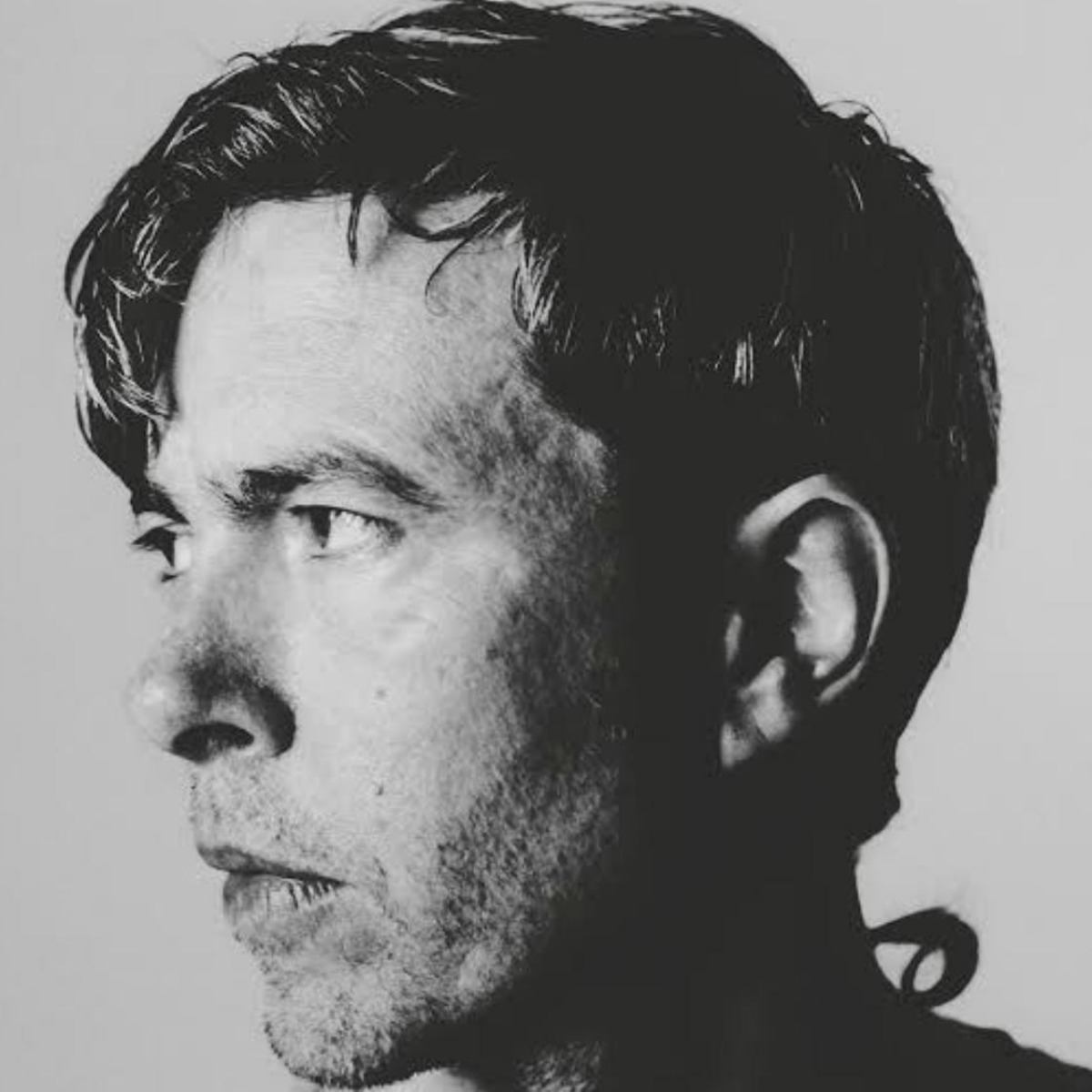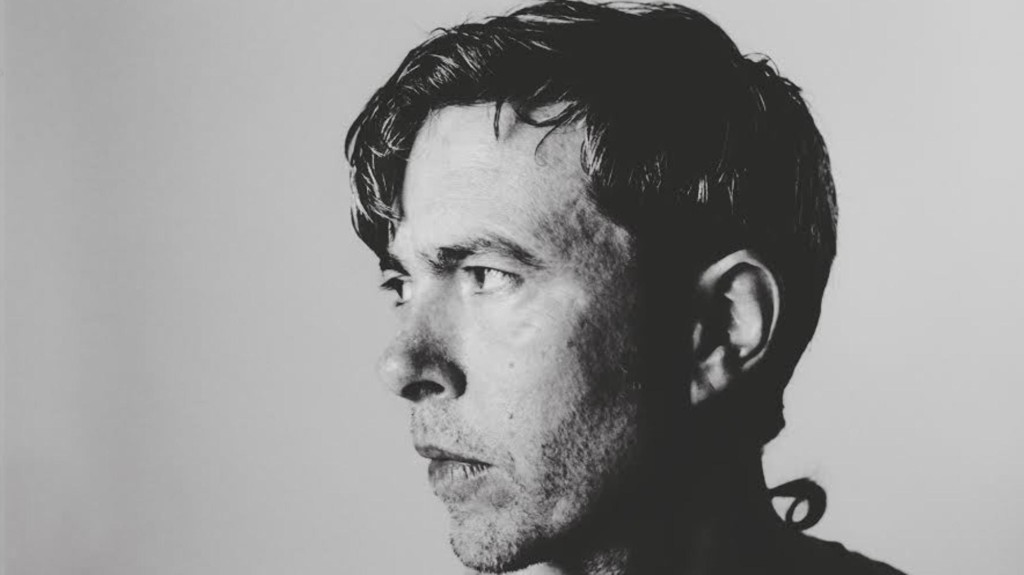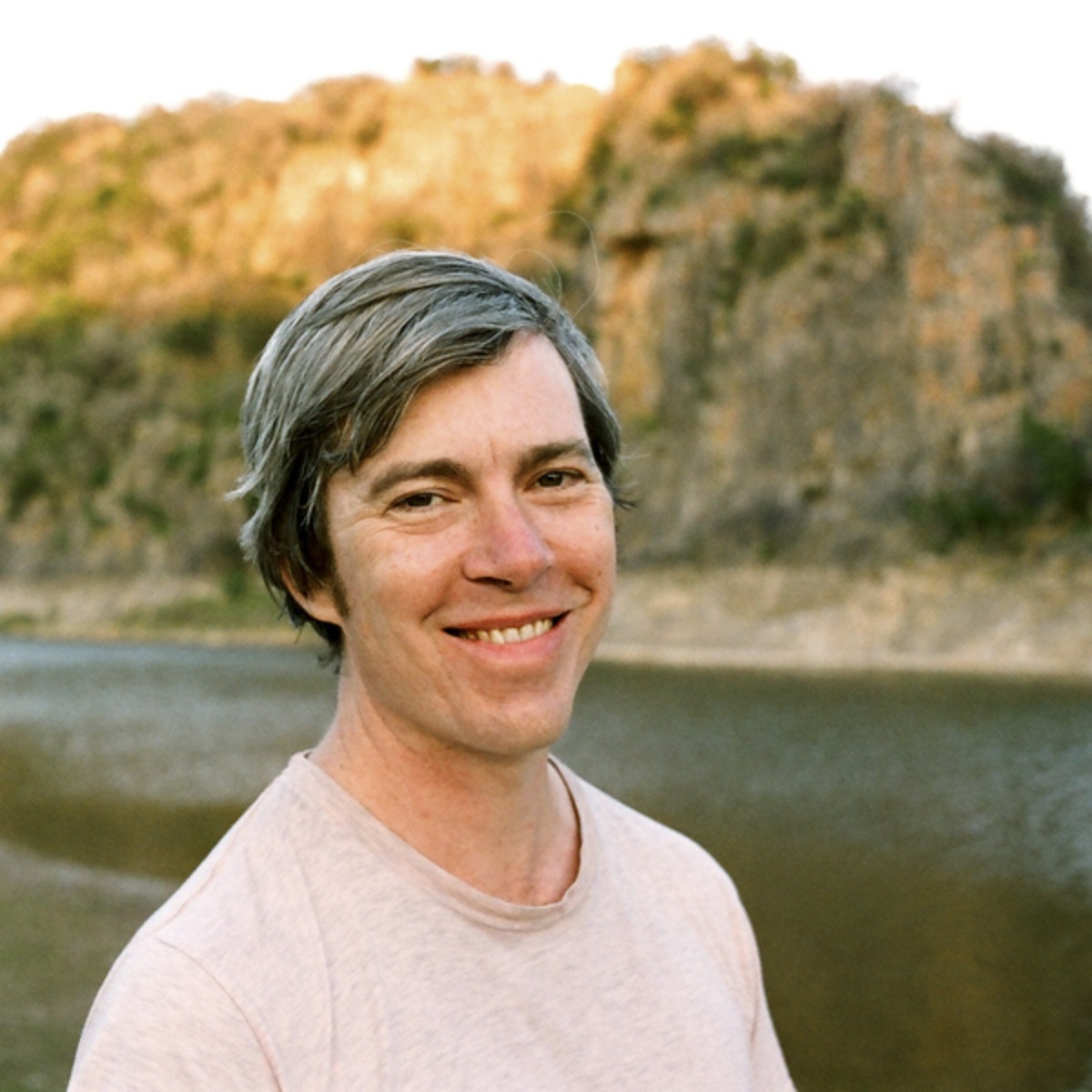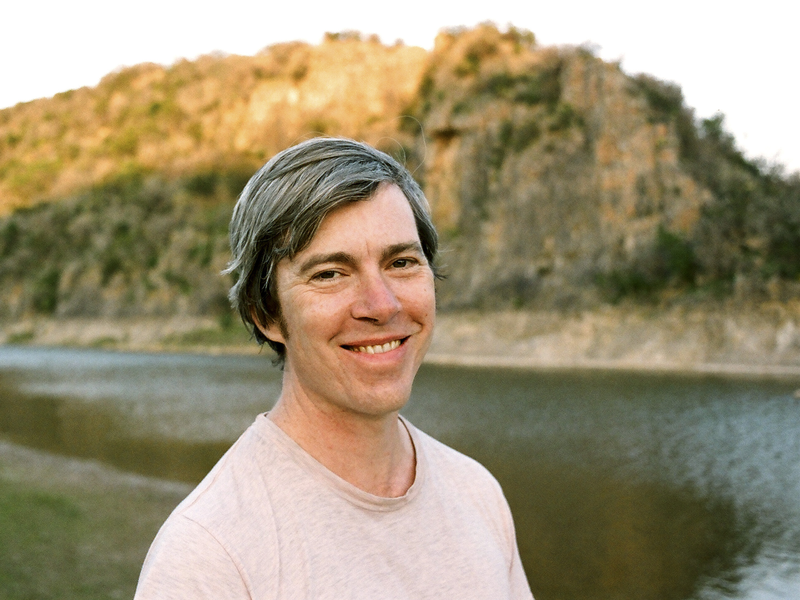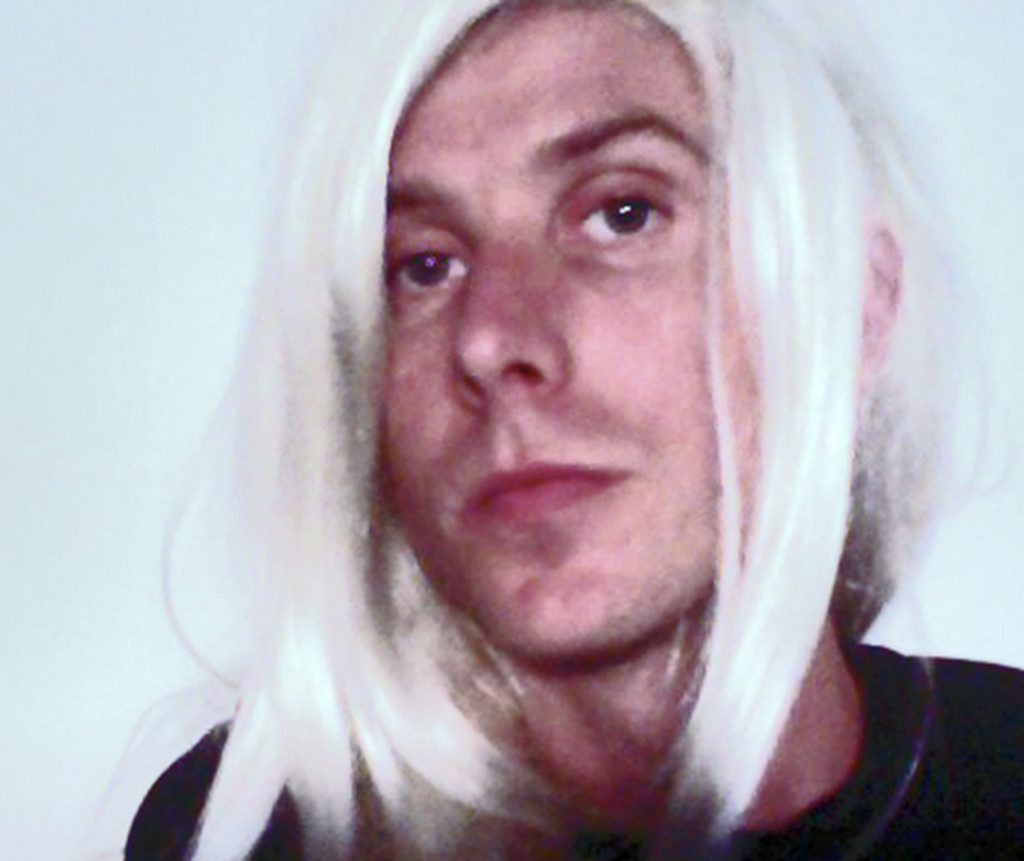ONLY NOISE: When You Walk
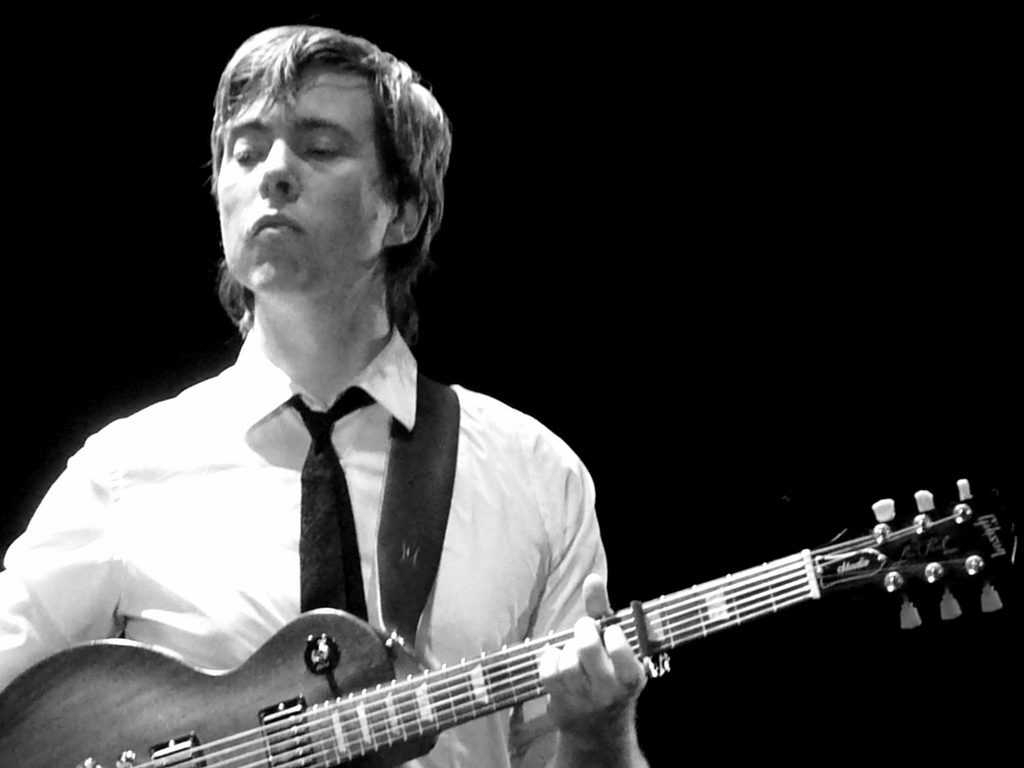
There is certain music that you share with close friends and family. Music that scores the first dance at your wedding, albums you recommend to your sister, and songs that make your dinner party mix. There is music that feels inherently a part of a communal experience, and necessitates sharing immediately. And then, there is the music you hold close to your chest like a winning hand. The work of Bill Callahan and Smog has always felt like the latter to me, and maybe I haven’t so much held it close as I have ingested it completely.
I initially associated Callahan’s work with the friend who introduced me to it, but over time it’s started to feel like my own discovery. That friend and I have only ever communed with Callahan’s music together once, and that was nearly two years ago. We saw him in concert in the summer of 2016, during the little residency of gigs he did at Baby’s All Right. Theoretically the live performance is the most intimate and collective way to experience music, but even then it felt as if we were alone in crowd, together.
Despite my attempts to share Callahan’s music with other people (none of whom have latched on as ferociously as I did), I have spent the most time with his music in my bedroom, or alone in the kitchen doing dishes. This is very similar to the way I enjoyed music as a teenager, and it begets a certain kind of isolation—though at times I can’t tell if I’m responding to the alienation of Callahan’s characters, or projecting my own sense of it onto his songs. Either way, his music has reached me alone for the better part of two years, in moments of stillness and domestic routine: folding laundry, writing, cooking dinner. For me, his records exist in a permanent state of solitude, which is a state that suits me pretty well. But in light of a recent news break, my relationship with his music is taking a new, more public turn.
On Sunday, Callahan’s longtime record label Drag City dumped the majority of their collection on Spotify, Tidal, and Google Play. The label had already released a portion of its catalog—including the discographies of Bill Callahan and Smog—on Apple Music last year, but due to my distaste for the platform’s user interface (and general distaste for change), I stuck with Spotify, figuring that physically purchasing Callahan’s records on vinyl and listening to that 2001 Smog Peel Session on YouTube for a 408th time would do just fine. But downloading the entirety of Callahan’s output moments after it appeared on Spotify allowed me to do something I’d never really done before: take it outside and walk with it.
I was walking when I got the news, actually—heading down Dekalb avenue to meet with Audiofemme’s Annie White and Lindsey Rhoades. I don’t typically listen to music when I walk for a number of reasons, but every single one of those reasons flew out the window when this piece of information fluttered into my Twitter feed. As it turned out, Bill Callahan’s enormous, three decade-deep body of work had been in the palm of my hand for over an hour, and I hadn’t even realized. In a snap of instinct, I located Smog’s 1999 album Knock Knock, and cued up “Held,” a song I’ve always felt sounds like a heavy trod. I’ve listened to this track countless times, but hearing it in a state of motion, chugging down the sidewalk on Easter Sunday, I could pick out crisp details that had been muddied by my indoor multitasking for years. The song’s screeching stretches of guitar and the rumbling percussion seemed to propel me forward with amplified force, and I was surprised by the thudding impact of piano late in the track.
It occurred to me that I’d been missing out on an entire conversation with some of my favorite music, and though I don’t love the lack of spatial awareness that comes with walking around New York with headphones on, it seemed necessary to investigate this exchange further. At least if I got hit by a car, I’d die listening to something I love. On a morning trek to Jackson Heights, Queens, I played my favorite Smog LP, 2005’s A River Ain’t Too Much to Love in its entirety. This record is bursting with naturalistic imagery; there are forests of pine, sleeping horses, and rushing streams. These may not be the kind of visuals that spring to mind when you think of Jackson Heights, but the contrast only seemed to beautify the songs and setting. I walked along Junction Boulevard to the tune of “Rock Bottom Riser.” It was a bright day, and I was surprised that I’d never fully absorbed the painterly imagery of the sunlight Callahan conjures with only a few words: “And from the bottom of the river/I looked up for the sun/Which had shattered in the water/And the pieces were raining down/Like gold rings/That passed through my hands.” The sun in my part of the world was passing through windows of the 7 train and bare branched trees, but it wasn’t any less glorious that day.
This new context of listening has allowed me to reach into different corners of Callahan’s songs, inspecting them from all new angles. But the funny thing about hearing his music while walking among other humans is that it kind of reaffirms that original feeling of isolation. Songs like “Teenage Spaceship” and “Ex-Con” comment on this sense of public seclusion. Callahan wrote the former during a period of nocturnal restlessness; he would go for walks around his parents’ neighborhood late at night, noting his sole presence among the stars and the house lights. Listening to it now, having walked at night with it pulsing at top volume, the image of someone strolling in the dark is undeniable. “Ex-Con,” from 1997’s Red Apple Falls touches on this subject more directly. It is notably more upbeat than “Teenage Spaceship,” and its staggered bleats of horn and synth beckon a brisk gait—but its lyrics act as proverbs for the Outsider. “Alone in my room, I feel like such a part of the community,” sings Callahan. “But out on the streets, I feel like a robot by the river.” Then again, that’s a pretty good summation of New York City sidewalks: millions of people, alone, together.

